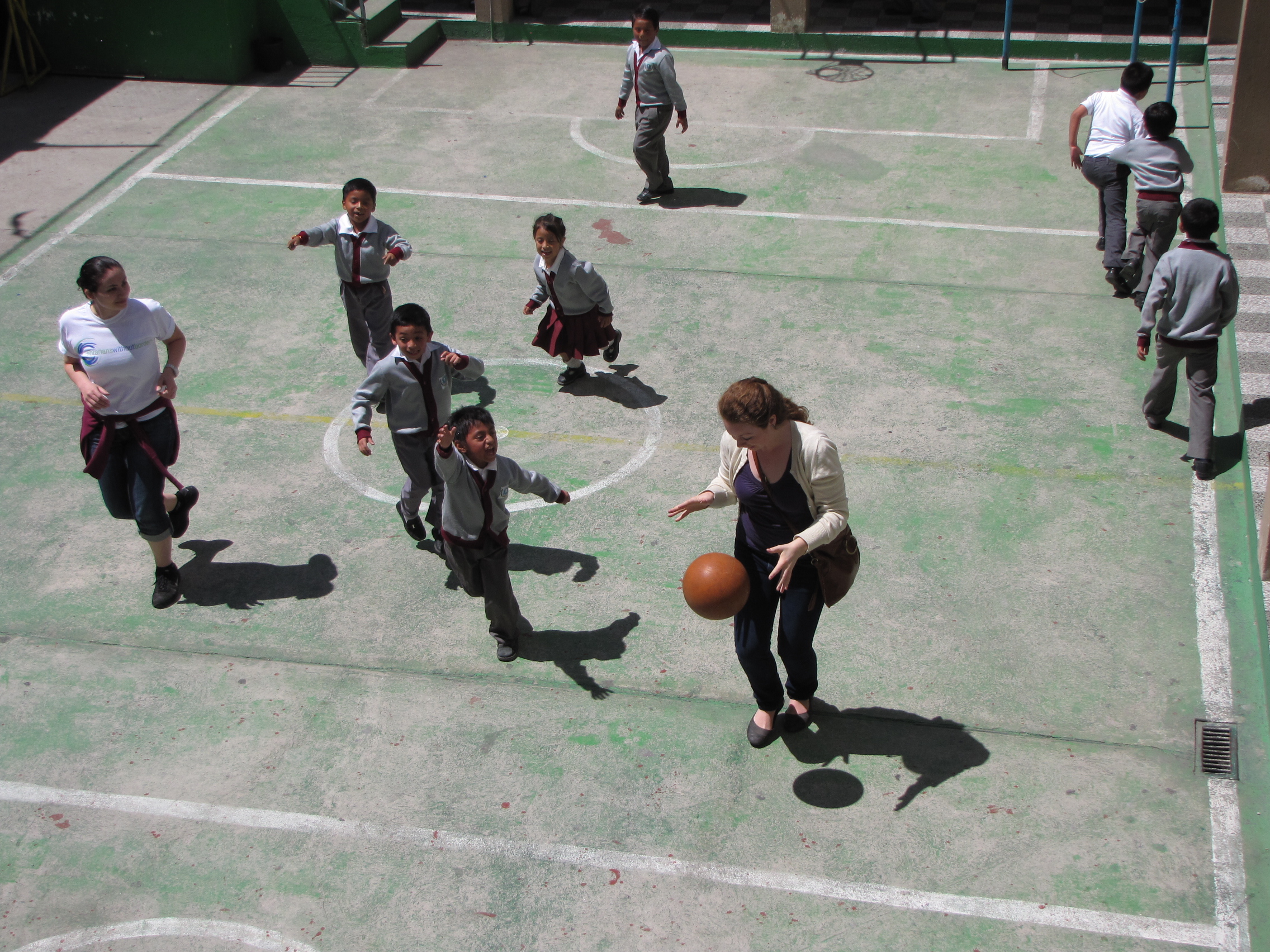Can you sit still and concentrate for more than seven hours? How, when, and where do you do your best thinking and planning?
| How long before your back starts hurting? An hour? Two? |
Chances are pretty good that your first answer was "Heck, NO!" and your second answer, either through preference or necessity, involved some sort of activity. I am a high school English teacher, and while I love reading in bed more than I love chocolate, I would not be able to fully concentrate and function for more than seven hours without some kind of physical activity. I can't even function for more than one hour without moving or stretching. As for where I do my best thinking and planning? That would be in the middle of a run.
 |
| This is EXACTLY how I look when I am planning lessons. . .and finishing a half marathon. |
The thing is, if we can't sit still and concentrate for long periods of time, why do we expect our children to do so at school? Standardized testing is taking over our schools, and strapped school boards are cutting physical education and recess, what many people initially considered "gravy," from their school curricula in order to spend more time with test preparation. Is this good for kids? If you asked your students if they’d like to have more P.E. time, do you think they’d say “yes”? Of course, they would!
 |
| This is what schools are losing. |
Good news for them – lately, a different kind of “movement,” one that goes beyond a focus on testing and raising academic performance, has been catching on.
Active learning incorporates strategies like dance and play to help students concentrate better, navigate social situations and practice leadership and patience.
Teachers and administrators who create the right balance of academics and play report promising results in their classroom. Using this PBS NewsHour video, help students understand why physical activity is important to both the body and the mind. WATCH: http://to.pbs.org/1LLjwsA
Like what you read? Follow me on Twitter @itibrout!

No comments:
Post a Comment